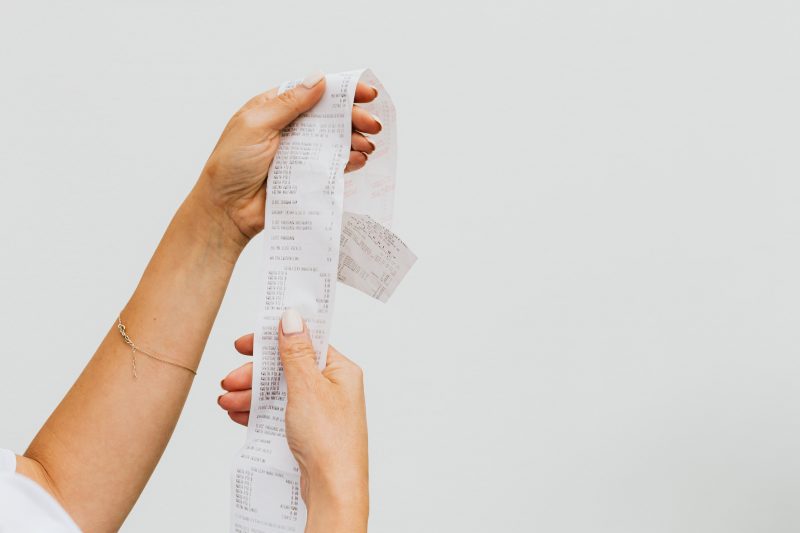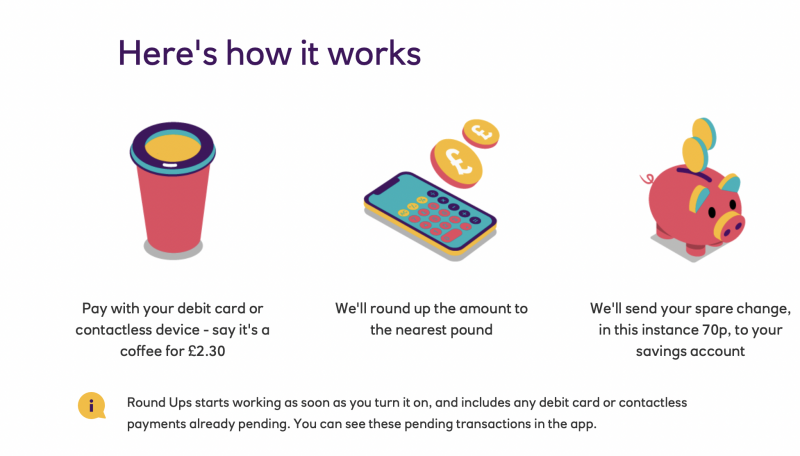Lots of people in the UK have turned to ‘digital’ spending, favouring debit and credit cards, contactless payments, and Apple Pay over cold hard cash. This seems like an easier way of shopping, but does it negatively affect our spending habits?
Invisible Spending
Often, digital spending feels like ‘imaginary’ money. It can be difficult to see its actual value as you can just tap your phone or card for payment and ignore the money coming out of your account.
It can feel like you’re getting these items for free almost… that is, until you open your online banking and see your bank balance.
This is because all of these ‘invisible spends’ add up without us even realising. These are the costs that we don’t budget for, because they seem so small and insignificant that they could never affect our finances, right?
Wrong! That takeaway coffee in the morning or that meal-deal on your lunch break end up accounting to far more than you would think.

Does cash help us budget?
It can be easier to stick to a budget if you only spend using cash. For example, if you don’t want to spend more than £40 on a night out, then by only bringing two £20 notes, you physically cannot overspend.
With digital payments however, it is far easier to go over your set budget, especially if you’ve had a few drinks! This is quite simply because there is nothing there to stop you over-spending.
Therefore, using cash instead of cards or contactless can help you stay on top of your spending.
Where’s the evidence?
In 2020, researchers from Warwick business school analysed the spending habits of 260,000 consumers. They found that those with a contactless card tended to spend more than those without one.
One study’s results indicated that:
“cash enhances the salience and negative affective valence of parting with money”
Though this all sounds very technical, what it essentially means is that there is more emotional involvement for consumers when spending with cash over digital purchases.
In short, cash feels more real, more tangible, so we have a stronger reaction to spending it. With cash, we truly feel as though we are parting with our money, because we can see and feel and understand what that bank note or coin represents.
Can digital spending help us budget too?
Digital spending isn’t all bad. Some banks, such as Natwest, offer a service wherein they round up your purchases to the nearest pound and send it directly into your savings account.

With this, you hardly notice it leaving your account, meaning you can save without putting the effort in.
This said, you could always put your spare change in a money box if spending with cash. However, this requires actively remembering and making the choice to save, rather than it happening automatically.
The drawbacks of cash
Since Covid19, some places don’t accept cash payments anymore as it is less hygienic. This presents an issue if you don’t have a backup payment method.
Using cash means you can’t online shop. Whilst this may be a good way of avoiding buying too many clothes and such, it also means you may miss out on online deals and the ability to shop around for the best price. It limits your options.
Additionally, banks allow the option to cancel your cards or put them on a temporary freeze in case you’ve lost them, whereas if you lose a purse full of cash, there’s no way of getting your money back.